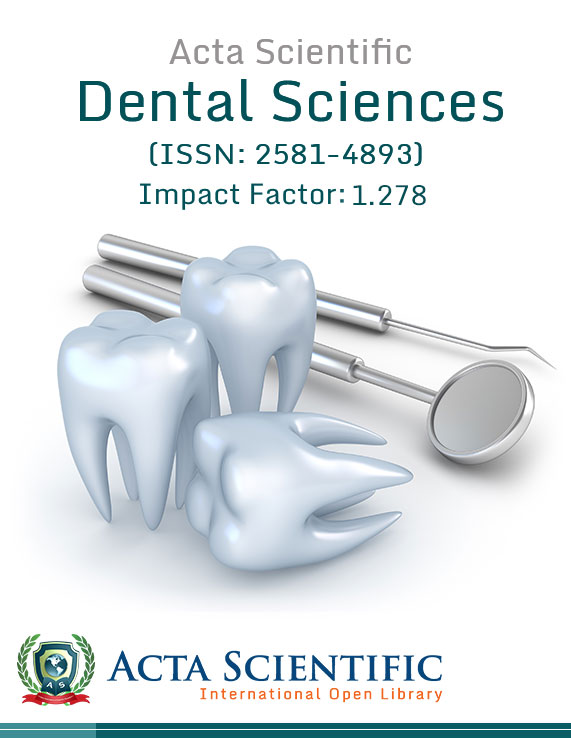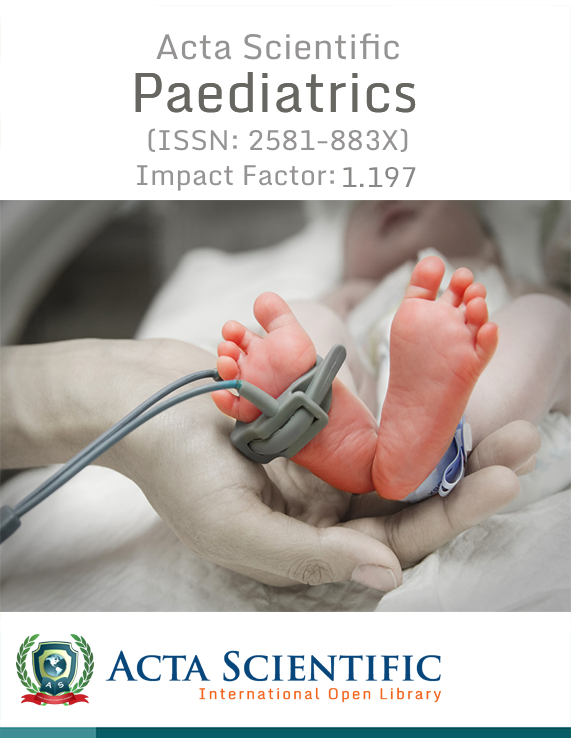Acta Scientific Ophthalmology (ASOP)
Review Article Volume 3 Issue 8
Yael Pikkel Igal1, Igal Vadim2, Yoav Y Pikkel3 and Dvora Pikkel4
1Department of Psychiatry, Rambam Medical Center, Haifa, Israel
2Department of Ophthalmology, Carmel Medical Center, Haifa, Israel
3Department of Plastic surgery, Rambam Medical Center, Haifa, Israel
4The Risk Management and Patient Safety Unit, Assuta Medical Center, Ramat
Hahayal, Tel Aviv, Israel
*Corresponding Author: Dvora Pikkel, The Risk Management and Patient Safety Unit, Assuta Medical Center, Ramat Hahayal, Tel Aviv, Israel.
Received: July 12, 2020; Published: July 20, 2020
Abstract
Background: Diabetes care requires close monitoring and ongoing treatment to minimize related complications. The Arab population in Israel is characterized by high prevalence of diabetes and poor disease control compared to other subpopulations in the region. This study assessed awareness to the disease and self-reported care among Arab persons with diabetes living in northern Israel via examining rates and sequences of ophthalmic examination follow ups and verified questioners.
Methods: The study was carried out at the outpatient ophthalmic clinics in three Arab towns in Israel. A bilingual (Arabic and Hebrew speaking) physician administered an oral survey that accessed information regarding the awareness of patients towards their disease and their self-care. The survey comprised 12 questions relating to definitions, causes, compliance and attitudes towards diabetes. The patients' responses were compared to the data in their medical files.
Results: Participants were 44 men and 56 women. Only 43% acknowledged having diabetes. Twenty (47%) individuals who acknowledged having the disease reported taking their medications regularly, 23 (51%) reported exercising regularly, and 38 (88%) reported visiting an ophthalmologist within the previous year; compared to 0 (0%), 7 (12%) and 38 (67%) respectively of those who did not acknowledge having the disease.
Conclusion: This study showed a very low level of awareness of diabetes among patients diagnosed with the disease, as manifested by complete denial of the disease despite recommendations for treatment and large gaps in understanding. Though ophthalmic visits were relatively better in patients with acceptance and denial there are still cultural and socioeconomic barriers that hinder recognition and care of diabetes among Arab Israelis should be addressed.
Keywords: Diabetes Mellitus; Arab Population in Israel; Disease Awareness
References
- International Diabetes Federation. Diabetes Atlas. 6th International Diabetes Federation 2014 update (2015).
- Kalter‐Leibovici O., et al. “Adult‐onset diabetes among Arabs and Jews in Israel: a population‐based study”. Diabetic Medicine 6 (2012): 748-754.
- Cohen AD., et al. “Diabetes control in the Bedouin population in southern Israel”. Medical Science Monitor 8 (2005): CR376-CR380.
- Wilf-Miron R., et al. “Disparities in diabetes care: role of the patient’s socio-demographic characteristics”. BMC Public Health 10 (2010): 729.
- Abdul-Ghani MA., et al. “High frequency of prediabetes, undiagnosed diabetes and metabolic syndrome among overweight Arabs in Israel”. Israel Medical Association Journal 3 (2005): 143-147.
- Idilbi NM., et al. “[Diabetes mellitus and cancer: the different expression of these diseases in Israeli Arabs and Jews]”. Harefuah 11 (2012): 625-628, 654.
- Natalia de Sá P., et al. “Knowledge, attitudes and practices for the prevention of diabetic foot”. Revista Gaúcha de Enfermagem 3 (2014): 36-42.
- Das Choudhury S., et al. “Survey of knowledge-attitude-practice concerning insulin use in adult diabetic patients in eastern India”. Indian Journal of Pharmacology 4 (2014): 425-429.
- Wang S., et al. “Lack of knowledge of glycosylated hemoglobin in patients with diabetic retinopathy”. Diabetes Research and Clinical Practice 81 (2008): e15-e17.
- Khatib M., et al. “Knowledge, beliefs, and economic barriers to healthcare: a survey of diabetic patients in an Arab-Israeli town”. Journal of Ambulatory Care Management 1 (2007): 79-85.
- Tirosh A., et al. “Differences in quality of diabetes care between Jews and Arabs in Jerusalem”. American Journal of Medical Quality 1 (2008): 60-65.
- Yoel U., et al. “Behind the scenes of adherence in a minority population”. Israel Medical Association Journal 1 (2013): 17-22.
- Cai Le., et al. “Socioeconomic differences in diabetes prevalence, awareness and treatment in rural southwest China”. TM & IH9 (2011): 1070-1076.
- Al-Rasheedi AA. “The Role of Educational Level in Glycemic Control among Patients with Type II Diabetes Mellitus”. International Journal of Health Sciences 2 (2014): 177-187.
- Cohen AD., et al. “[The quality indicators program in Clalit Health Services: the first decade]”. Harefuah 4 (2010): 204-209, 265.
- Na’amnih W., et al. “Trends in the gap in life expectancy between Arabs and Jews in Israel between 1975 and 2004”. International Journal of Epidemiology 5 (2010): 1324-1332.
Citation
Citation: Dvora Pikkel., et al. “Assessing Awareness and Attitudes of the Arab Diabetic Population in Israel towards their Illness Via Ophthalmic Follow Ups and Questioners”.Acta Scientific Ophthalmology 3.8 (2020): 13-19.
Copyright
Copyright: © 2020 Dvora Pikkel., et al. This is an open-access article distributed under the terms of the Creative Commons Attribution License, which permits unrestricted use, distribution, and reproduction in any medium, provided the original author and source are credited.
Journal Menu
Metrics
News and Events
- Publication Certificate
Authors will be provided with the Publication Certificate after their successful publication - Last Date for submission
Authors are requested to submit manuscripts on/before March 03, 2026, for the upcoming issue of 2026.


















